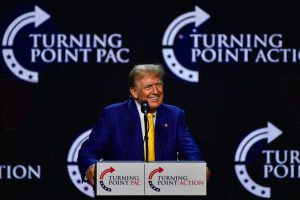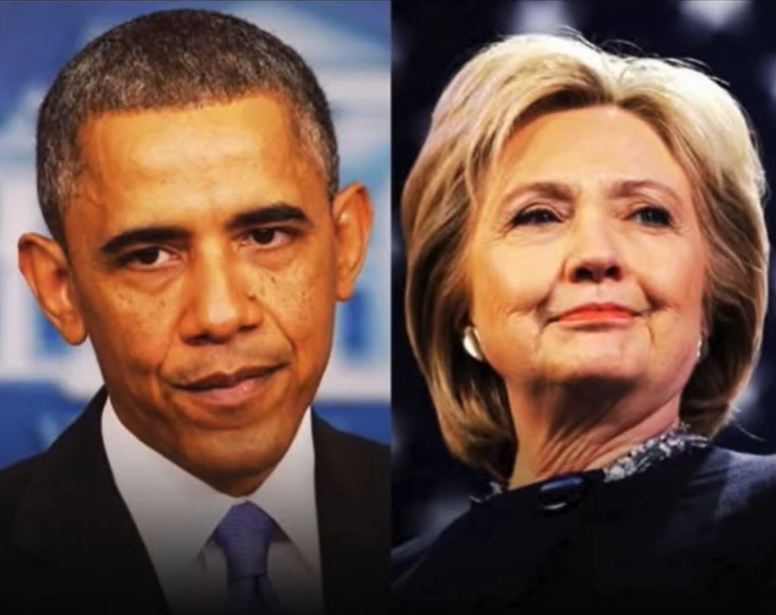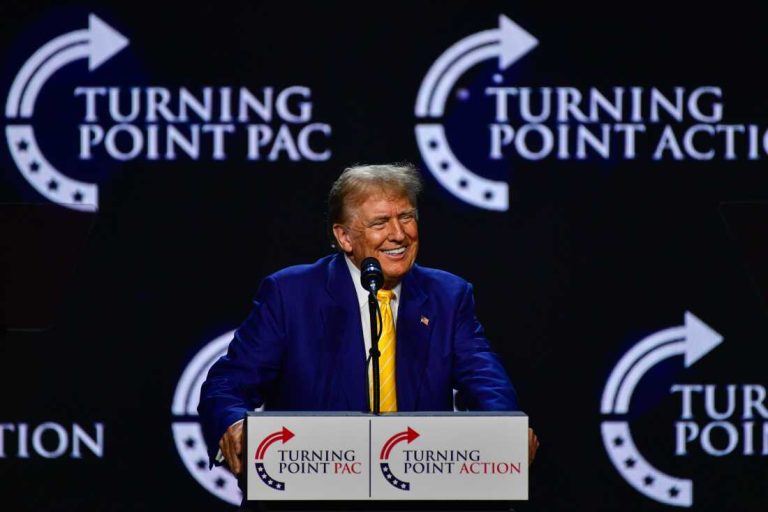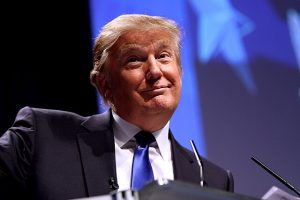Newly released intelligence records are reigniting one of the most explosive controversies in modern U.S. political history: whether the 2016 Clinton campaign knowingly advanced an unfounded narrative linking Donald Trump to Russia as part of a calculated political strategy.
According to the declassified documents, Hillary Clinton personally approved a proposal from one of her foreign policy advisors during the final stretch of the 2016 election. The plan, as described in the files, was to connect then-candidate Donald Trump to the Kremlin, despite a lack of evidence for such ties.
The stated goal, according to a memo quoted in the release, was to steer public attention away from the growing controversy over Clinton’s private email server and focus instead on Trump’s supposed connections to Russian political interference. One of the memos reportedly stated:
“Clinton approved a plan proposed by one of her foreign policy advisors, Julianne Smith, to ‘smear Donald Trump by magnifying the scandal tied to the intrusion by the Russian special services in the pre-election process to benefit the Republican candidate.’”
Political Earthquake from the Past
The documents were released as part of Special Counsel John Durham’s multi-year investigation into the origins of the Russia collusion narrative. The material had been classified until senior officials in the Trump administration — including Attorney General Pam Bondi, FBI Director Kash Patel, and Director of National Intelligence Tulsi Gabbard — approved their public disclosure at the request of Senator Chuck Grassley (R-Iowa).
Grassley sharply criticized what he called “a buried paper trail” showing that Obama-era law enforcement and intelligence agencies failed to properly review intelligence pointing to the Clinton campaign’s role in the story.
“These intelligence reports and related records, whether true or false, were buried for years,” Grassley said in a statement. “History will show that the Obama and Biden administrations’ law enforcement and intelligence agencies were weaponized against President Trump. This political weaponization has caused critical damage to our institutions and is one of the biggest political scandals and cover-ups in American history.”
Grassley argued that the revelations strengthen the need for aggressive reform of federal agencies to prevent partisan misuse of investigative powers.
No Russian Impact, Memos Claim
The newly unsealed documents are not the only developments to emerge. Just last week, DNI Tulsi Gabbard released memos indicating that U.S. intelligence officials had concluded in 2016 that Russia had not significantly influenced the outcome of the presidential election.
One declassified memo addressed to then-President Barack Obama stated plainly:
“Russian and criminal actors did not impact recent U.S. election results by conducting malicious cyber activities against election infrastructure.”
While the memo acknowledged isolated incidents — such as a breach of Illinois voter rolls and failed intrusion attempts in other states — it asserted that none came close to altering vote counts or affecting the overall outcome.
“The targeting of infrastructure not used in casting ballots makes it highly unlikely it would have resulted in altering any state’s official vote,” the document reads. “Criminal activity also failed to reach the scale and sophistication necessary to change election outcomes.”
Possible Coordination Alleged
Investigative journalist Paul Sperry of Real Clear Investigations added more intrigue, claiming on X that sources told him of “damning” communications — text messages and emails — suggesting direct coordination between Clinton campaign aides and senior Obama administration officials.
According to Sperry, the alleged communications include interactions with the White House, National Security Council, State Department, and members of the intelligence community in the summer of 2016, aimed at “digging up dirt” tying Trump to Vladimir Putin.
While these communications have not yet been publicly released, the suggestion of such high-level coordination has intensified calls from some lawmakers for further investigation.
Vindication for Trump and Allies?
For Donald Trump and his supporters, the newly released material is seen as confirmation of their long-standing claim: that the Russia collusion story was a politically motivated fabrication designed to delegitimize his candidacy and presidency before it began.
Trump has repeatedly referred to the allegations as the “Russia hoax,” arguing that they undermined public trust in government and media. The release of the documents could also impact ongoing inquiries into the conduct of federal agencies during the Crossfire Hurricane investigation, the FBI’s code name for its 2016 counterintelligence probe into Trump’s campaign.
Reports suggest that FBI officials are now considering potential criminal referrals for figures including former CIA Director John Brennan and former FBI Director James Comey — both of whom played major roles in initiating and sustaining the investigation.
Historical Repercussions
If the allegations in these declassified files are proven accurate, historians and political analysts say the revelations could reshape how the 2016 election is remembered. More importantly, they may reignite public debate over whether U.S. intelligence agencies can be trusted to remain independent during highly charged political campaigns.
While Clinton herself has not publicly responded to the newly released records, some of her allies have dismissed the revelations as politically motivated leaks designed to distract from other current controversies involving Trump.
Still, the documents place renewed attention on one of the most contentious political stories of the past decade — one that continues to echo through American politics nearly ten years after the election that sparked it.

James Jenkins is a celebrated Pulitzer Prize-winning author whose work has reshaped the way readers think about social justice and human rights in America. Raised in Atlanta, Georgia, James grew up in a community that instilled in him both resilience and a strong sense of responsibility toward others. After studying political science and creative writing at Howard University, he worked as a journalist covering civil rights issues before dedicating himself fully to fiction. His novels are known for their sharp, empathetic portraits of marginalized communities and for weaving personal stories with broader political realities. Jenkins’s breakout novel, Shadows of Freedom, won national acclaim for its unflinching look at systemic inequality, while his more recent works explore themes of identity, resilience, and the fight for dignity in the face of oppression. Beyond his novels, James is an active public speaker, lecturing at universities and participating in nonprofit initiatives that support literacy and community empowerment. He believes that storytelling is a way to preserve history and inspire change. When not writing, James enjoys jazz music, mentoring young writers, and traveling with his family to explore cultures and stories around the world.









